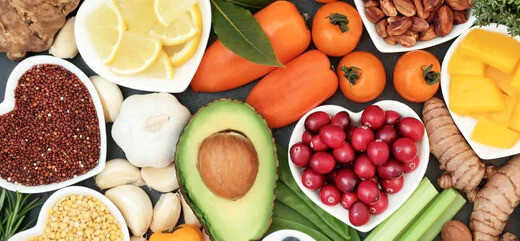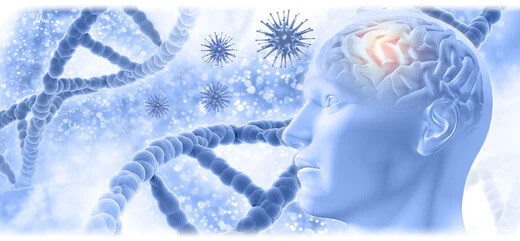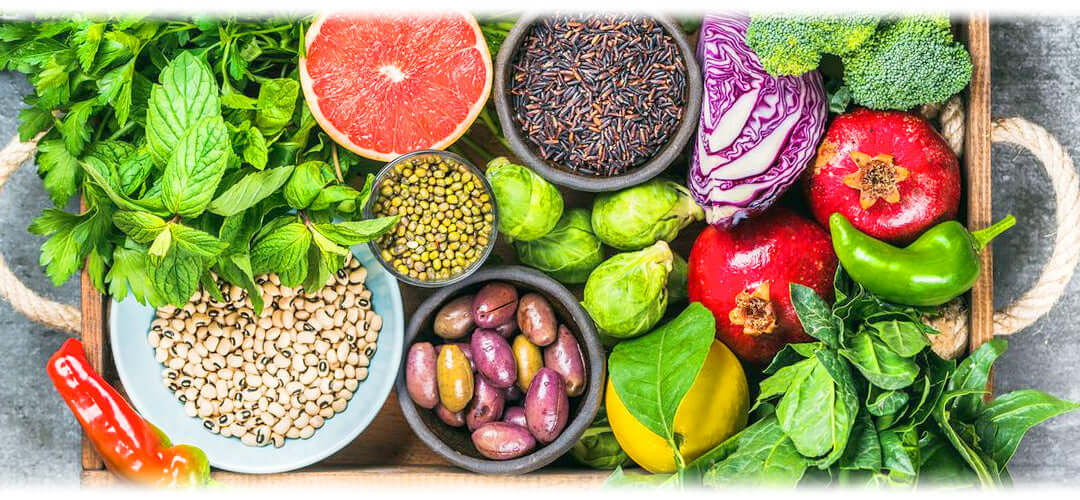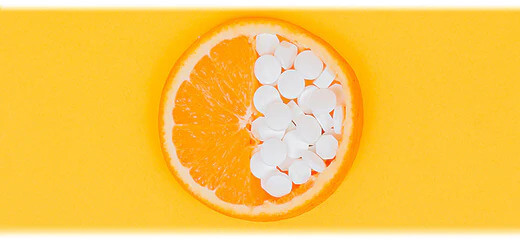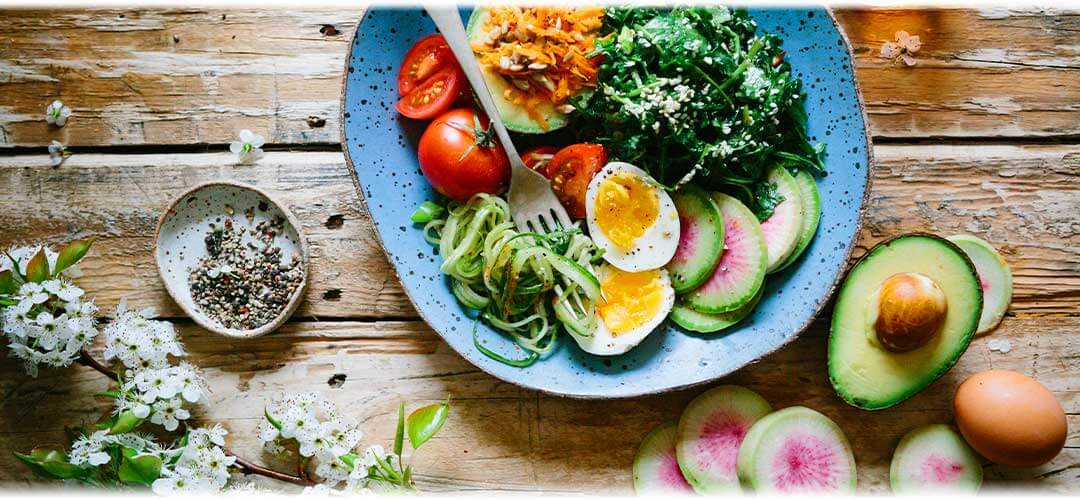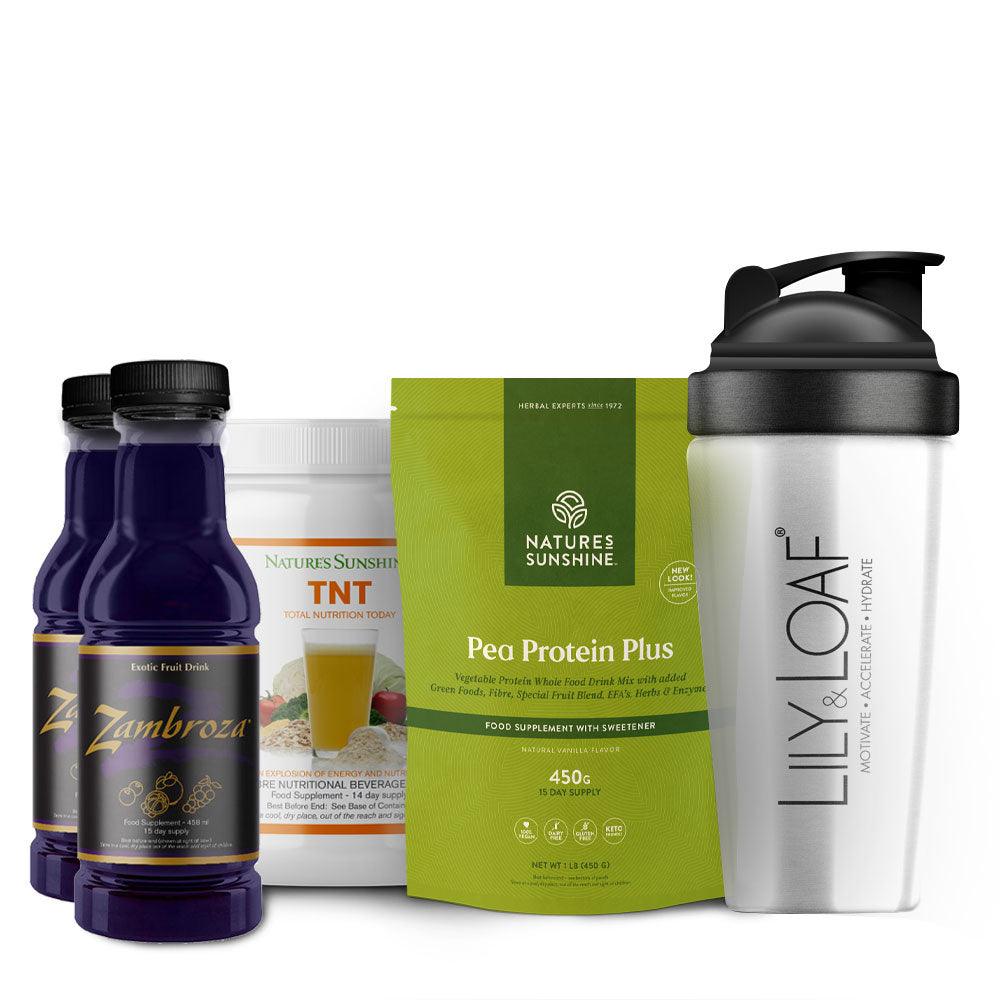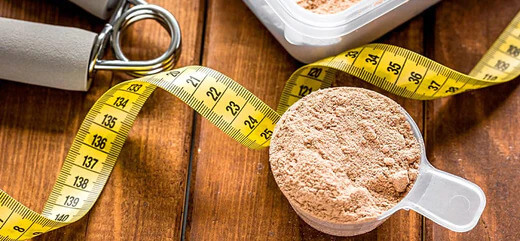
Different types of protein bring different benefits. In this blog, we’re going to focus on pea protein vs. whey protein.
PROTEIN COMES FROM A VARIETY OF SOURCES.
It is mainly found in lean meat, chicken and fish, eggs and dairy products.
However, certain types of beans or legumes, some vegetables and wholegrains are also a good source of protein.
While protein is a vital nutrient and an essential part of any balanced diet, the type of protein you consume can affect your body in different ways.
Protein should make up around 20% of an average, healthy person’s diet.
However, if you are exercising, looking to build muscle or following a weight management programme, then increasing your daily protein intake may help you reach your goals.
Studies have also found that it’s better to eat small amounts of protein regularly throughout the day, rather than eating your daily intake in one go.
This is where getting enough protein becomes a challenge for most people and where protein supplements come into play. With so many choices on the market, it can be difficult to decide which is best for you.
Here, we take a closer look at pea protein vs whey protein.
WHAT IS DIGESTED PROTEIN USED FOR IN THE BODY?
Protein is the body’s main building block for growth. It’s an essential element of a healthy diet. Your body uses protein to build and repair tissues and cells, including muscles, bones, cartilage, skin, nails, hair, teeth and even blood. It also helps your body create the hormones, enzymes and other chemicals it needs to promote growth.
When it comes to exercise, protein not only plays a vital role in building muscle, but also in maintaining it by preventing your muscles from breaking down while your body recovers. This is also important for weight management, because increased muscle mass helps your body to burn fat faster, allowing you to tone-up and maintain a healthy weight, or lose weight if that’s your goal. But, the body can’t produce protein on its own, so it needs to get the protein it needs from what you consume.
Getting enough protein throughout the day, particularly if you follow a vegetarian or vegan lifestyle, or are lactose intolerant, can be an issue. While there are plenty of natural food sources that are high in protein, many people choose to supplement their diet with protein powders or shakes to ensure they get the right amount every day, especially if they are following an exercise regime. There are many different products available which use protein isolates from natural sources, including soy, casein, rice, whey and pea protein.
PEA PROTEIN BENEFITS
With more people than ever following a vegetarian, vegan or cruelty-free diet, it’s no surprise that so many people are turning to plant-based alternatives to their usual foods. Protein is no exception. There are many vegan-friendly protein supplements available, and most are made from pea protein isolate.
Pea protein is a good choice. It’s organic, plant-based and suitable for people with digestive or stomach issues.
Because it is plant-based, it is free from many common ingredients – including milk, eggs, nuts, soy, wheat and shellfish – that are used as the base for other protein supplements, so doesn’t contain their allergens.
Peas are a naturally rich source of iron and other vital vitamins and minerals which are not found in dairy-based alternatives.
Pea protein also contains all nine of the essential amino acids, including the vital Branched Chain Amino Acids (BCAAs) – leucine, isoleucine, and valine – which your body needs to build muscle effectively. Other sources of BCAAs include chicken breast or cottage cheese – not good if you’re vegan. It also contains more calcium than dairy milk, so it is great for keeping your bones and teeth strong and healthy. So, if you choose a pea protein supplement, not only will you be getting the high-quality protein you need, you can top-up your daily intake of crucial nutrients too.
WHEY PROTEIN BENEFITS
Whey makes up around 80% of all the protein found in cow’s milk. It is a by-product of cheese production. Enzymes are introduced to hot milk to separate the solid curds, which are pressed into cheese, and whey, which is the liquid that’s left behind. This is filtered to remove the fat and carbohydrates before being freeze-dried into powder form. Artificial additives, preservatives and flavourings are often added to the liquid before it is dried. Because it is a by-product of cheese, whey protein can contain beneficial probiotics – which aid the digestive system – and other nutrients which aren’t found in plant-based food sources. These can help stimulate hormone production and promote muscle growth. And like pea protein, whey also contains a blend of naturally occurring vitamins and minerals. It is an excellent natural source of both calcium and potassium, the latter of which can help regulate your body’s blood pressure and nervous system. However, because it is dairy-based, whey protein supplements aren’t suitable for vegans or anyone who follows a lactose-free diet.
Which is best?
PEA PROTEIN vs WHEY PROTEIN?
This is actually a close call. Both pea protein and whey protein offer a simple way of ensuring you get enough high-quality protein in your diet, along with some of the other vital nutrients your body needs. This is important for good general health, but vital if you are exercising, trying to build muscle, manage your weight or maintain healthy body composition.
Whey protein, particularly when taken as a shake or smoothie, can be more readily absorbed by the body than pea protein, which makes it ideal as a post-workout shake to kickstart your body’s recovery.
Pea protein is slower to digest, but this can help make you feel fuller for longer, which makes it a viable option as a meal replacement if you are looking to manage your weight.
While there are some variations in the exact nutritional profile of each type of protein, both will give you all the essential amino acids your body needs to meet your exercise goals. Whey protein may just have the edge in terms of the amounts it provides.
However, if you prefer plant-based food, are lactose intolerant or follow a vegan lifestyle, then pea protein wins hands down.




